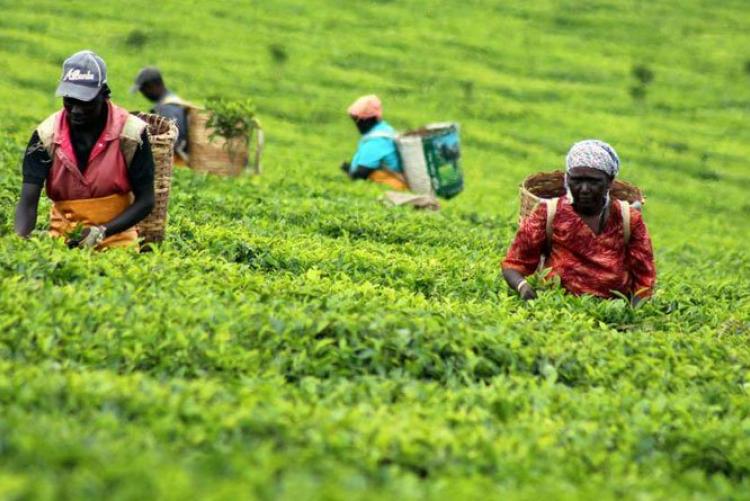Kenya’s earnings from tea in five months to May dropped by Sh1.3 billion as the sector suffered from effects of the Covid-19 that hit commodity trading in the world market.
The Tea Directorate said the demand of the beverage has been low in the review period, which also impacted negatively on price per kilo, having dropped to Sh223 from Sh238 in the corresponding period last year.
The directorate indicated that the volume of tea exported to the world market dropped by six million kilos in the first five months of the year, marking one of the sharpest drops in export volumes in the recent years.
“Access to most markets is still a challenge due to the impact of Covid-19 on commodity trading and distribution across the globe,” said the directorate.
“Some of the key destinations facing market access challenges include Egypt, UAE, Yemen, Afghanistan and Iran.”
Egypt is the second top buyer of the Kenyan tea with UAE, Yemen and Afghanistan falling within the top ten purchasers of the beverage.
Exports to Egypt in the review period dropped by 15 per cent to hit 38.7 million kilos from 45.5 million kilos in the corresponding period last year.
Afghanistan, which is a landlocked country, relies on Pakistan as a transit corridor for its imports but it was hit hard following the move by Islamabad to seal its borders to curb the spread of Covid-19, impacting negatively on tea imports.
Pakistan, which has been Kenya’s major buyer of the commodity for years, accounting close to 40 per cent of the total exported volumes, registered a six percent decline in purchases.
The move puts Kenya’s reliance on traditional markets at a risk in times of disasters.
The declining prices points to reduced earnings to farmers in the just ended financial year given that the cost of the Kenyan tea has been performing dismally since the beginning of the year.
Farmers affiliated to Kenya Tea Development Agency will be getting their bonus around October and just like last year, they could be staring at low earnings this season too.
The financial that runs from July 2019 to July 1, 2020 witnessed low prices that averaged at around Sh200 a kilo, meaning growers’ earnings for the 2019/20 will be much lower.

